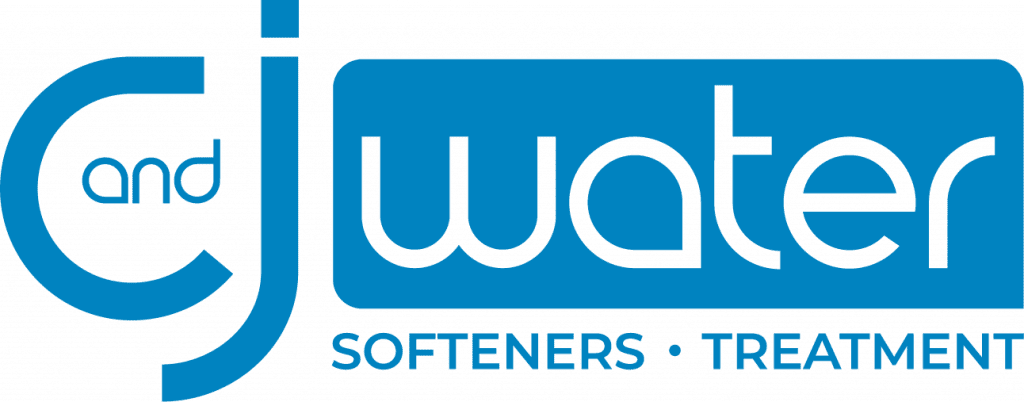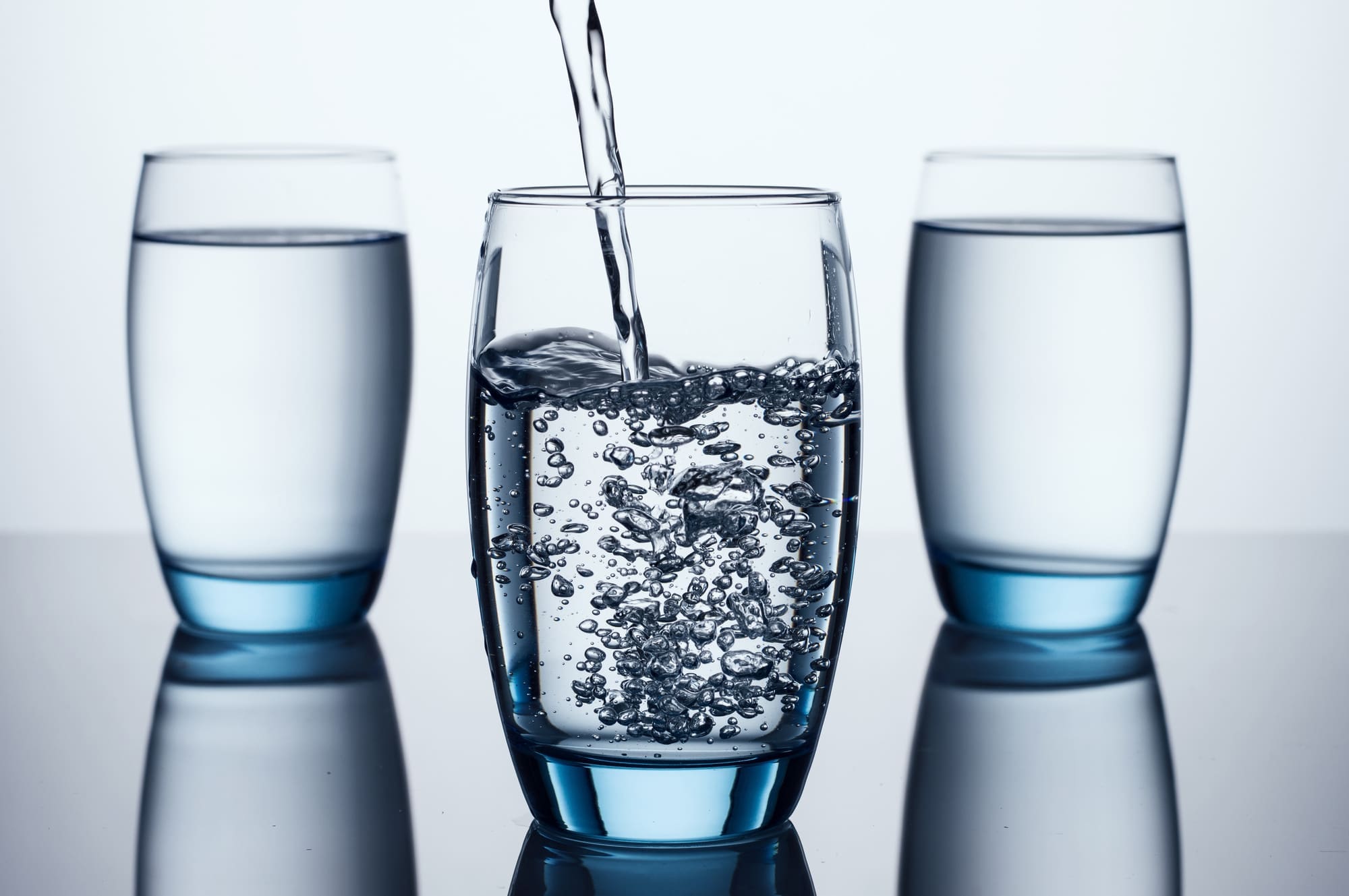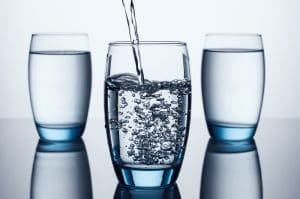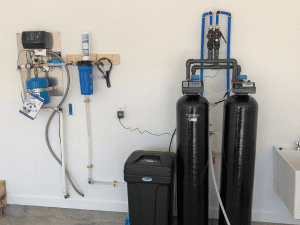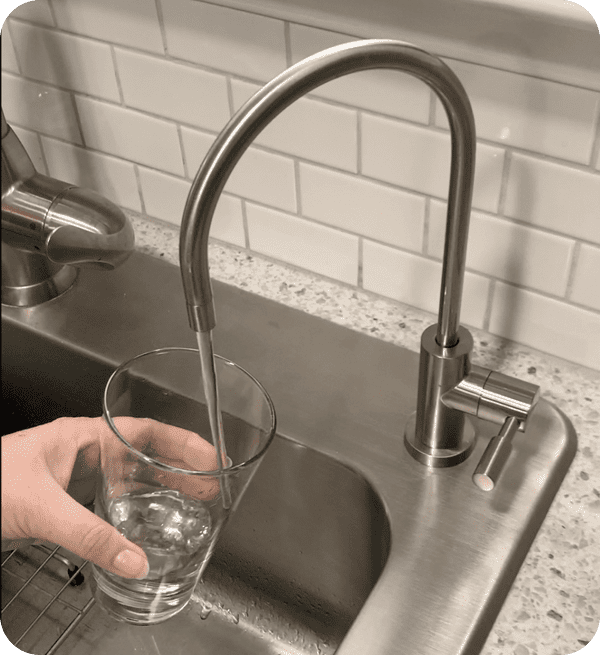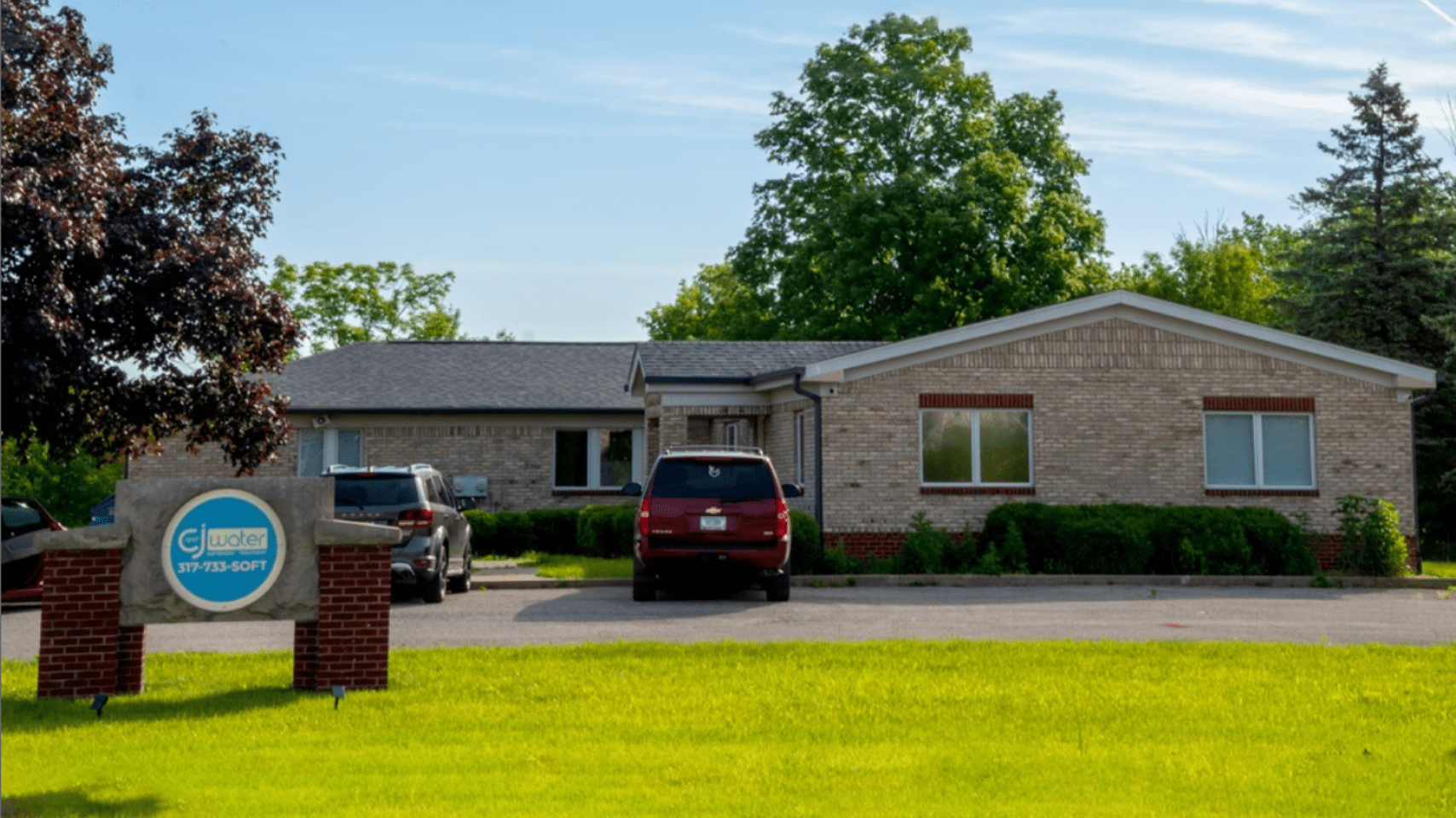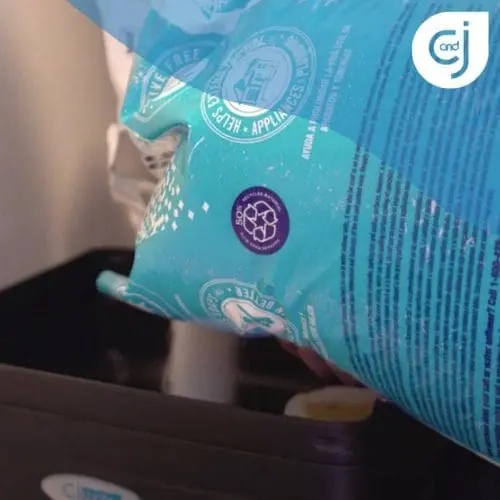What Damages Could be Caused by Hard Water?
Have you ever had boiled water overflow and it leaves a residue on the surface of your stovetop? Have you noticed that your washing machine struggles to remove stains? If you answered yes to either of those questions, then you’re going to want to keep reading. Whether it’s hard water in your home or office or on a camping trip by the lake. Knowing about this problem can make your life easier.
So we’ve written our ultimate guide to hard water to let you know how it affects your home appliances. But what is hard water? Here you’ll find out what hard water is and what’s needed to resolve the issue once and for all!
How Hard Water Affects Appliances
Hard water has high mineral content. Hard water can make your skin dry and itchy, and it can also cause your laundry to be stiff and less absorbent.
Hard water can build up a coating on your home’s water pipes that may then become a breeding ground for harmful bacteria. Hard water can also cause vinegar to become cloudy, wine and coffee, and tea leaves to lose their flavor.
But it’s not about cleanliness or flavor alone. The minerals in hard water can also damage your home appliances.
Mineral deposits in water can come from many sources. These sources include underground rock formations, natural erosion of rock, and commercial fertilizers that dissolve into the soil.
Issues With Hard Water
The problem with hard water is that it’s difficult for soaps and detergents to mix with it. When your soap doesn’t mix well, you end up with clumps of soap on the surface of your clothes after washing.
These hardened clumps are “scum.” Scum is not only unappealing, but it can also damage the fabric surface of your clothes.
Another problem with hard water is soap scum interfering with the normal cycle of the machine. Hard water can leave a soapy residue on a washing machine’s gasket and funnels, causing them to block up and stop spinning. It makes for an inefficient washing process and damages clothes faster than normal. If you want to keep your appliances in good shape, then investing in a water softener may be in your best interest.
Mineral Residue
On top of that, hard water can also cause mineral residue to build upon your appliance’s heating element and steam pipe. That can lead to a safety problem with your machine.
If mineral deposits remain large enough, they could erode the heating element completely. In turn, this results in a fire hazard. Mineral deposits can also build upon the pump of your dishwasher and inhibit proper drainage.
All these problems are the result of the same process. Hard water doesn’t dissolve well in your machine. It sticks to surfaces in your machine instead.
That includes the outside and inside of any pipes you may have under your sink as well. Mineral deposits can even build up in water heaters. The build-up affects the entire house’s hot water supply.
How Hard Water Affects Washing Machines
Limescale is a common problem with certain types of hard water. Limescale refers to the layers of minerals that build up on your machine and can restrict water flow. In turn, it makes for an inefficient cycle, and you’ll end up with more time spent in the wash cycle than usual.
Stains are harder to remove in hard waters because soap doesn’t mix well. Often, this can lead to clumps of soap scum on your clothes after washing. The process will take longer than normal, and you may even see dirtier clothes come out of your machine.
Build-Ups and Blockages
Hard water can also damage your gasket and funnels. As the mineral deposits build-up, it can cause your machine to malfunction and overdry your clothes.
In the end, this can cause rusting of the metal parts. If you’re already having a problem, you may want to try a cleaning product made for washing machines.
Blockages can also cause your dishwasher to malfunction before it even runs. Run a load of dishes, then wait about 20 minutes or so. You will start to hear a loud noise coming from your pipes under the sink.
It is the sound of the water building up behind the clog. If you have a blocked drain, you may even get some brown water or sludge coming out of your pipes as well.
Effects of Hard Water in Plumbing and Bathroom Appliances
Although hard water is more of a problem with appliances, it can affect you and your health as a result.
Shower Heads and Faucets
It’s a common problem with showerheads in particular. If you have hard water running through your pipes at home, it can leave mineral deposits on the surface of your skin after a shower or bath. The minerals can build up on the outer surface of the showerhead.
As you turn on the water for your bath or shower, it can force this mineral buildup into your body, irritating the skin and hair. This condition is “hard water skin” or “dandruff from hard water.”
Dental problems associated with hard water are another common problem that can affect your health. If you use tap water to clean your teeth, you might find that the minerals in the tap water can cause a reaction in your mouth.
You may notice red spots on your skin or a white film on your tongue. That’s a type of mineral deposit that’s building up inside the pores of your teeth and gums, irritating the skin.
Blocked Pipes
Blocked pipes can also cause major problems for both bathrooms and kitchens of your home. Water won’t flow through the pipes, and you’ll end up with a waste of water as a result. If you are using a shower head and it starts to malfunction, you may want to take it off the wall and clean the pipes out.
The problem is that the mineral deposits collect on these pipes and restrict water flow. The longer you leave this problem unattended, the worse it will get until it may start to corrode the metal pipes inside your home.
You’ll need professional help if this happens. Luckily, it’s not too expensive, and it’s a problem you are likely to see again in the future.
Thus, it’s a good idea to get a water softener to make sure that you have healthy skin and body due to a clean water system.
Effects on Other Appliances in the Home
Hard water is most associated with dishwashers and washing machines. However, it can also affect other appliances in your home that you may not expect, such as your coffee maker.
If you have hard water, you’ll notice that your coffee machine will take longer to make a batch of coffee. Instead of taking a minute or two, it could take up to five or even ten minutes.
It happens because the minerals in the hard water build-up on the heating element inside your coffee maker. Build-up can deform the element over time and make it difficult for water to heat up properly.
Unfortunately, this can require replacement if you want to continue using your coffee machine at home. The same goes for a kettle. If you’ve ever looked inside a kettle, you’ll know that horrible limescale skin. It’s not very appealing!
It’s a good idea to get a water softener if you want to keep your appliances in good working order. The same goes for your plumbing system at home! You’ll protect your appliances and yourself from the health risks that hard water can cause.
DIY Solutions
If you have hard water that’s been a problem for you, don’t wait until it causes serious damage to your appliances or home. In most cases, you can keep on top of maintaining your appliances using a few DIY solutions.
Despite this, installing a water softener is a must, as most DIY solutions only work as an ongoing maintenance routine rather than an aggressive repair of the systems. Water softening is an ongoing process that keeps your pipes mineral-free.
One DIY example is making a paste out of baking soda and vinegar to clean the gasket and funnels on your washing machine. Another tip is to use a large pot (something big enough for the hose stretch) and fill it with water and then add some white vinegar, warming it on the stove.
You can then run your washing machine through an empty cycle with the water still warm from before. By running it through an empty cycle like this, you give your machine time to clean itself out.
Water Softeners Are The Best Option
Homeowners have various concerns about the quality of their water. Many people are unaware of how much hard water is around their homes. It’s now simple and affordable to get rid of this problem with a home system.
If you want to improve your water quality, take a hard look at the hard water problem in your home and rinse it away today! If you are experiencing any of the problems associated with hard water, it’s a good idea to install a water softener to avoid further damage.
Is hard water a problem at your home? Have you experienced any other effects from hard water? Get in touch with us today for your free water analysis and see if we can find the perfect water softener for you!
